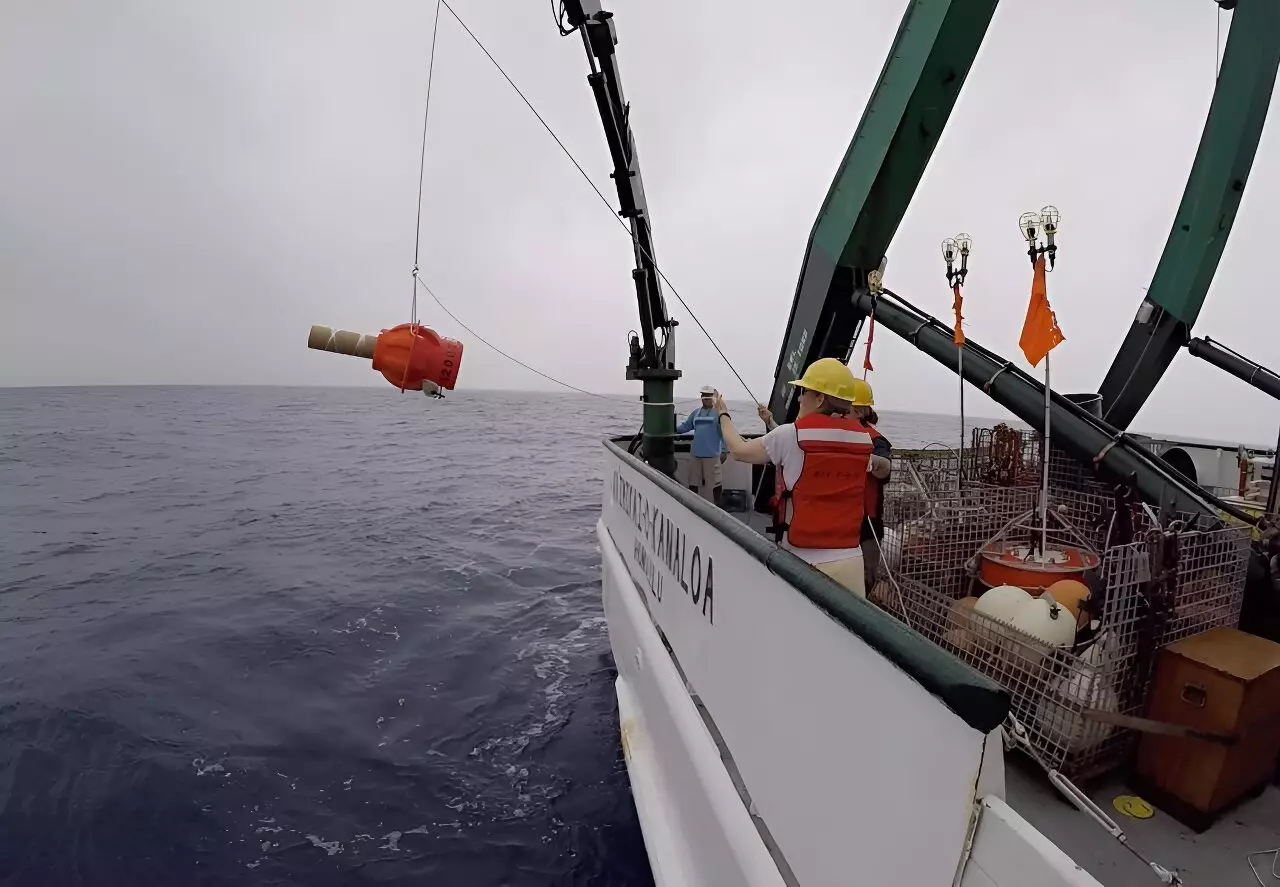Recent advancements in oceanographic research have unveiled the complex and critical issue of deep ocean warming, a phenomenon that not only signifies changes in the marine environment but also poses significant implications for global climate. The emergence of technological innovations, such as the Deep Argo floats, has enabled scientists to gather more precise data from the depths of the ocean, enhancing our understanding of temperature changes over time. This article seeks to explore the nuances of recent findings, their significance for climate science, and the transformative effect of the Argo Program in ocean monitoring.
Deep Argo floats, introduced into the oceanographic toolbox in 2014, are engineered to delve deeper than traditional oceanographic methods, reaching depths of up to 6,000 meters. Their pioneering capabilities allow for the collection of critical data regarding ocean temperature and salinity. Prior to the advent of these instruments, oceanographic data from deep waters were sparse and unreliable. The integration of measurements from Deep Argo floats with existing data sets has dramatically improved the accuracy of deep ocean warming estimates. A study published in Geophysical Research Letters on September 19 reveals that parts of the deep ocean are warming at rates ranging from 0.002 to 0.004°C each year, confirming earlier findings while reducing uncertainty about this ongoing process.
The study highlights specific geographic regions that are experiencing marked warming trends. Of particular note are the areas off the coast of Antarctica and Greenland, which are now understood to be warming at alarming rates. The Antarctic bottom waters, crucial for ocean circulation patterns, are transporting warmth to the north, illustrating the interconnectedness of global ocean systems. Meanwhile, the altered dynamics in Greenland’s deep waters contribute to the disruption of traditional ocean currents, which play a significant role in global weather patterns and climate systems. Such geographic insights are invaluable for climate scientists seeking to construct more accurate predictive models concerning future climate variability and our planet’s atmospheric conditions.
Understanding the intricacies of deep ocean warming is paramount to enhancing climate models that aim to predict future changes in sea levels, precipitation patterns, and the intensity and frequency of tropical cyclones. The refined data obtained from Deep Argo floats enable more reliable forecasting by establishing patterns in temperature and salinity variations in the deep ocean. As ocean temperatures rise, the impacts extend beyond marine ecosystems, affecting human life by increasing natural disasters and altering weather cycles, which in turn could disrupt food security and water resources.
While the phenomenon of deep ocean warming began to be acknowledged over 20 years ago, it was with the scarcity of reliable data that uncertainties clouded our understanding of its scale. The advent of Deep Argo technology has significantly transformed oceanographic research. By enhancing data collection methodologies and expanding the scope of research areas—such as the Southwest Pacific, South Atlantic, and North Atlantic—scientists are gradually piecing together the complex puzzle of oceanic change.
As the Deep Argo initiative evolves, the potential for establishing a more comprehensive global array of monitoring plays a promising role in oceanographic science. Such advancements could allow scientists to observe variations in warming rates over shorter time frames, thus enabling closer scrutiny of emerging trends. Greg Johnson, leading this research effort, underscores the importance of adapting strategies over time to reflect the changing nature of the ocean. The ongoing evolution of Deep Argo will undoubtedly yield insights that may reshape our understanding of climate change, offering critical information to prepare for what lies ahead.
As deep ocean warming becomes an increasingly pressing concern, the critical research conducted with the help of Deep Argo floats exemplifies how technological innovation can bridge gaps in scientific knowledge. With increasing confidence in the estimates of deep ocean temperature changes, we can better anticipate the future effects on climate, biodiversity, and human society. The ocean, often viewed as a distant realm, is integrally tied to our global climate, and we must continue to deepen our understanding of this mysterious body to ensure sustainable management of our planet’s resources in an era of rapid change.


Leave a Reply